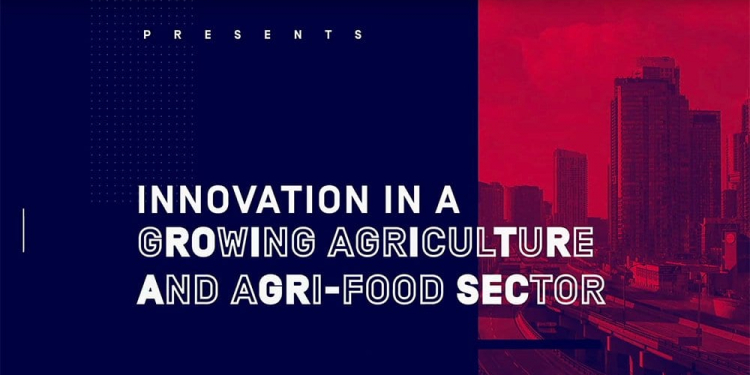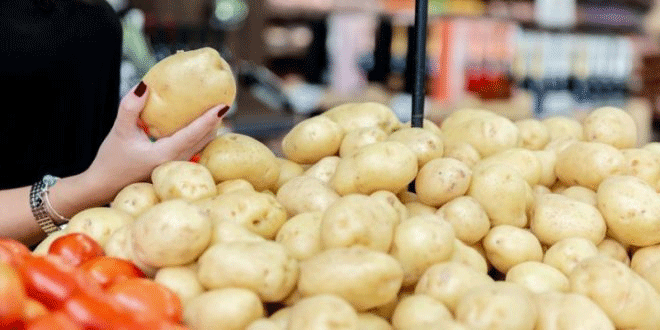“We are seeing the world become far more agile through the use of technology,” Alison Sunstrum, founder of CNSRV-X, said during her Oct. 27 appearance on an Innovation in a Growing Agriculture and Agri-Food Sector panel. | Screencap via YouTube/ International Economic Forum of the Americas
Experts speaking at the virtual Toronto Global Forum say a meaningful economic recovery to the COVID-19 pandemic should emphasize the need for technology in the agricultural sector.
Alison Sunstrum, founder of CNSRV-X, said she hopes there is a digital response to the pandemic.
“COVID-19 has put us on a digital fast track, farmers are going online. They are rapidly innovating, creating ways of selling their products to keep themselves afloat. We are seeing the world become far more agile through the use of technology,” she said during her Oct. 27 appearance on an Innovation in a Growing Agriculture and Agri-Food Sector panel.
She said how the sector evolves will be impacted by policies and investments, arguing adopting technology will be key to the future of food security.
“Technology is going to drive what happens in agriculture,” she said, noting it will play a big role in what we do to address climate change and ensure the long-term sustainability of the sector. Sunstrum said practices like zero-till farming, combined with next-generation technologies, like directly capturing methane from animals, will help form a three-pronged approach toward the long-term success of agriculture.
“Basically, we’re going to improve farm profitability, enable greater sustainability, and these are our tools to combat climate change,” she said, noting doing so will require all stakeholders to be involved. “Technology is going to take us there, but basically it’s all up to us.”
Claudia Roessler, director of agriculture for Microsoft, said digital advancements in the sector will vary by geography, noting in North America the advanced market is about making agriculture more precise to address sustainability and productivity, but emerging markets like India, will still need advanced knowledge on weather and soil conditions.
“We are very much interested in bringing connectivity to farms,” she said, adding there is a massive initiative at Microsoft focused on teaching digital skills and driving innovation around machine learning and AI technology. The drive to use technology as a means to combat climate change is a growing desire of consumers, according to Roessler — but there is still a massive distrust in some of the tools, like data, needed to realize the full potential of developing advances in technology.
“People are conservative and distrustful for a reason, because a lot of the insight we’re getting from farms — like on emissions and water usage — are coming from calculations or research farms but are not measured in the real world, and I think there is some improvement that needs to be done,” she said.








